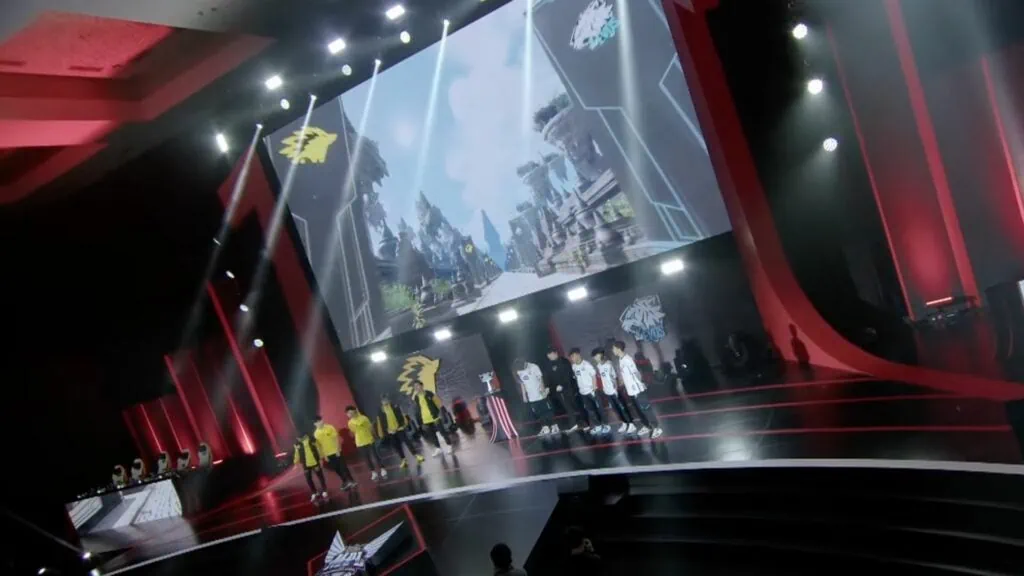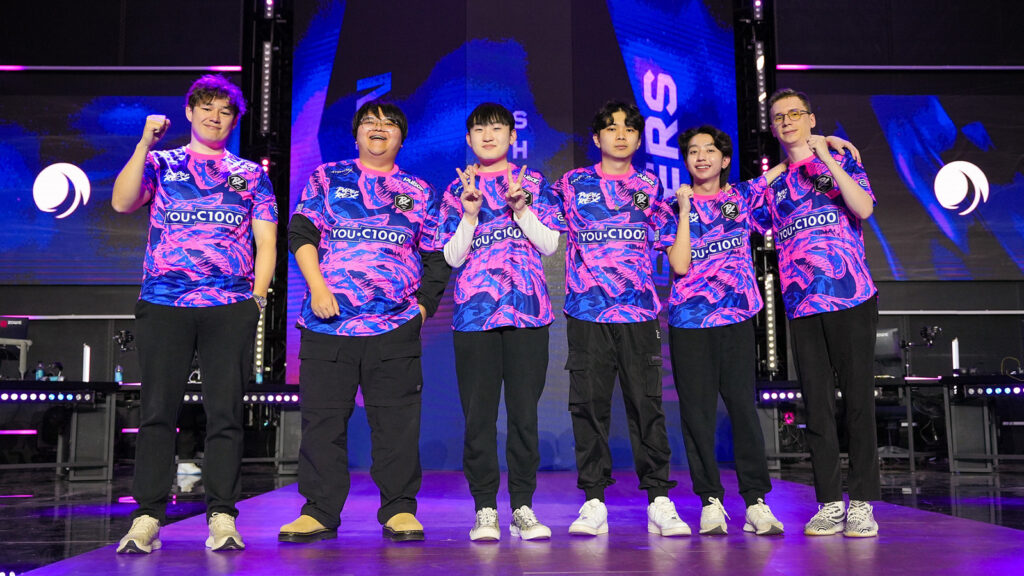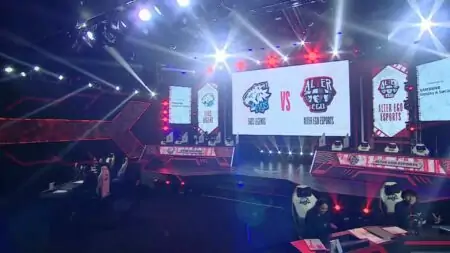A 2024 Deloitte survey of 14,250 respondents was conducted across 20 global markets, including Asia, Europe, North America, and the Middle East, examines esports fans behaviors.
The latest report focuses on findings for esports in Southeast Asia, in six markets. It identifies key trends impacting the evolving global esports scene and highlights those specific to the region.
Besides giving insight into digital consumption patterns and the ongoing difficulty of directly monetizing esports fans, the report also compares esports to traditional sports in the region, examines gaming’s influence on the industry, and identifies new opportunities for brands, leagues, and publishers to enhance fan engagement.
Esports in Southeast Asia is a complex landscape, with Malaysia and Vietnam leading the charge

Esports in Southeast Asia is fast-growing and dynamic. Its high audience reach, mobile-first focus, and strong digital culture integration are key factors in esports’ shift from niche to mainstream entertainment.
As expected, mobile gaming dominates in SEA, accounting for about 55% of gaming hours. This mobile-first nature shapes how esports content is consumed.
SEA has one of the largest esports audiences globally, with Vietnam and Malaysia having the highest reach. They also show a stronger inclination to spend on leisure activities like paid subscriptions and attending live events.
However, many esports fans in SEA have numerous hobbies, which means that it’s a challenge to capture and retain their sustained attention, which leads to lower regular viewership.

Esports engagement and monetization vary significantly across SEA countries. Vietnam and Malaysia lead in regular viewership, while Thailand and Singapore face challenges in retaining viewers.
Among the 35% of surveyed Singaporeans who identify as esports viewers, a significant majority (60%) are male. Furthermore, the esports viewing audience in Singapore is heavily skewed towards younger generations, with 73% comprising individuals from Gen Z or the Millennial demographic.
While overall awareness of esports in Singapore has seen a positive trend, growing from 61% in 2022 to 64% in 2024, the actual conversion to regular viewership has experienced a slight dip — the proportion of the population actively watching esports has decreased marginally from 36% in 2022 to 35% in 2024.
Overall, esports is increasingly rivaling traditional sports in popularity, especially among younger demographics, establishing itself as a mainstream entertainment choice.
Deloitte’s findings aim to inform stakeholders such as game developers, tournament organizers, and investors on the dynamics of the Southeast Asian esports market. The research provides data for understanding and strategizing within this growing region. Click here to read the full report.
READ MORE: MPL SG Season 9: Start date, shopping mall venues, format



